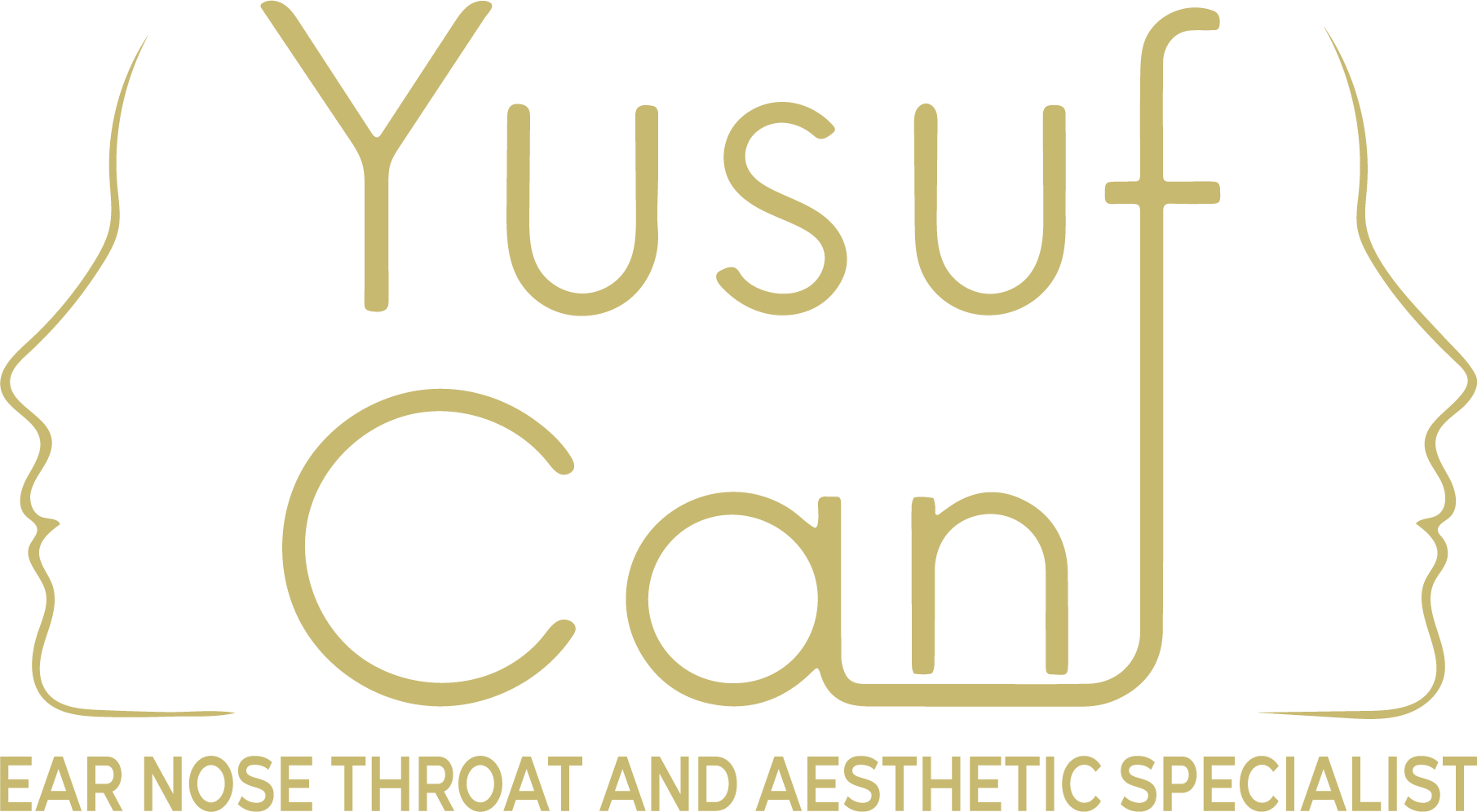What is Snoring?
Snoring is a sound that occurs during breathing during sleep. When breathing during sleep, the air passes through a narrow space with soft tissues around it. As the air taken in through breathing passes through a narrow space, the sound created by the vibration of the surrounding soft tissues is called snoring.
As the narrowness increases during breathing during sleep, snoring becomes more severe.
Contrary to popular belief, the condition that causes snoring, that is, the narrowness experienced during breathing, is not caused by a pathology in the nose, but usually occurs when the upper respiratory tract causes narrowing behind the tongue and around the pharynx.
Snoring is divided into 2 groups as simple snoring and sleep apnea. Simple snoring is audible breathing that occurs only during sleep. Sleep apnea, on the other hand, is characterized by respiratory arrest during sleep and decreases in the level of oxygen saturation in the blood. Sleep apnea is a condition that poses serious life risks and can cause death in sleep.
Snoring can be observed from time to time in 45% of adults and continuously in 25% of adults. Snoring, which should be considered as a harbinger of serious health problems, is a condition that increases in frequency with age.
What are the Symptoms of Snoring?
Snoring is perceived as a simple and normal condition and is generally handled with the complaint of noise. However, snoring can be a harbinger of serious diseases. In this respect, the symptoms that may occur with snoring should be considered as symptoms of serious health problems.
We can list the symptoms of snoring in children as follows;
- Growth and development retardation
- Developmental problems in the mouth and face
- Night urinary incontinence
- Observation of a decrease in school success
- Speech impairment
- Behavioral disorders and hyperactivity
We can list the symptoms of snoring in adults as follows;
- Irritability in the person
- Depression
- Hypertension
- Continued drowsiness during the day-Headache in the forehead in the morning
- Sexual dysfunctions
- Feeling of dry mouth in the morning
- Increased appetite
- Decreased perception and impaired concentration
What are the Causes of Snoring?
Determining the causes of snoring has a very important place in snoring treatment. In order for the treatment to provide an effective and successful result, the causes of snoring should be determined in the most accurate way. In this respect, we can list the causes of snoring as follows;
- Relaxation of soft tissues in the respiratory tract
- Anatomical disorders in the upper or lower jaw
- Anatomical disorders in the oral region
- Overweight
- Cigarette use
- Growth of the nasal flesh and obstruction of nasal air passage by blocking the nostrils
- Huge tonsils
- Curvatures in the nose or growth of the nasal flesh
- Advanced drooping of the soft palate and small tongue
- Language is larger than normal
- The tongue root is anatomically close to the back wall of the throat
- Side effects of antidepressants and similar drugs
The Necessity of Appropriate Treatment for Each Patient in Snoring Problem
In snoring treatment, after a detailed and meticulous examination, the most appropriate method should be determined according to the cause of snoring.
The person in snoring treatment;
- Medicated sleep endoscopy
- Flexibllaryngoscopy
- Endoscopy with sedation
- Side head radiography
- Three-dimensional tomography
- A detailed preliminary examination should be performed with methods such as dynamic sleep MRI. Thus, the pathology causing snoring should be identified and the most appropriate treatment method should be selected.
What are Snoring Treatment Methods?
Simple snoring can be treated by taking certain measures. We can list the measures that adults and people with simple snoring should take as follows;
- Reaching the ideal body weight
- Sports and exercises to develop a good sense of justice
- Not taking sleeping pills, tranquilizers or allergy medications before sleep
- Avoid alcohol intake 4 hours before sleep
- Avoid heavy meals 3 hours before sleep
Surgical Operations to Prevent Snoring
In the surgical treatment of snoring, a definitive diagnosis of whether it is simple snoring or sleep apnea should be made first. The definitive diagnosis of sleep apnea can be made with a sleep test called polysomnography.
We can list the interventions to be performed in the surgical treatment of simple snoring as follows;
- Nasal compartment surgery
- Lower nasal flesh surgical procedures (turbinate)
- Nasal valve (internal angle of the nose) surgical procedures
- Small tongue-soft palate surgeries
- Adenoid and tonsil surgery, especially in children
In snoring patients with suspected sleep apnea, after a detailed examination, it should be investigated whether there are problems in the nasal area, and at the same time, it should be ensured that the patient reaches the ideal weight. Then, a definitive diagnosis should be made with the palisomnography test and the necessary treatment applications should be determined. In patients with severe sleep apnea, pressurized oxygen masks are used during sleep rather than surgical interventions. In patients with mild and moderate sleep apnea, soft palate and small tongue surgeries, tongue root surgeries and jaw advancement surgeries can be performed in line with the underlying pathology.






